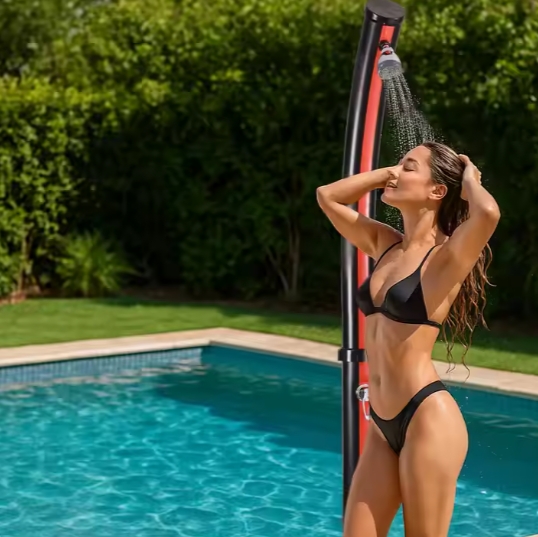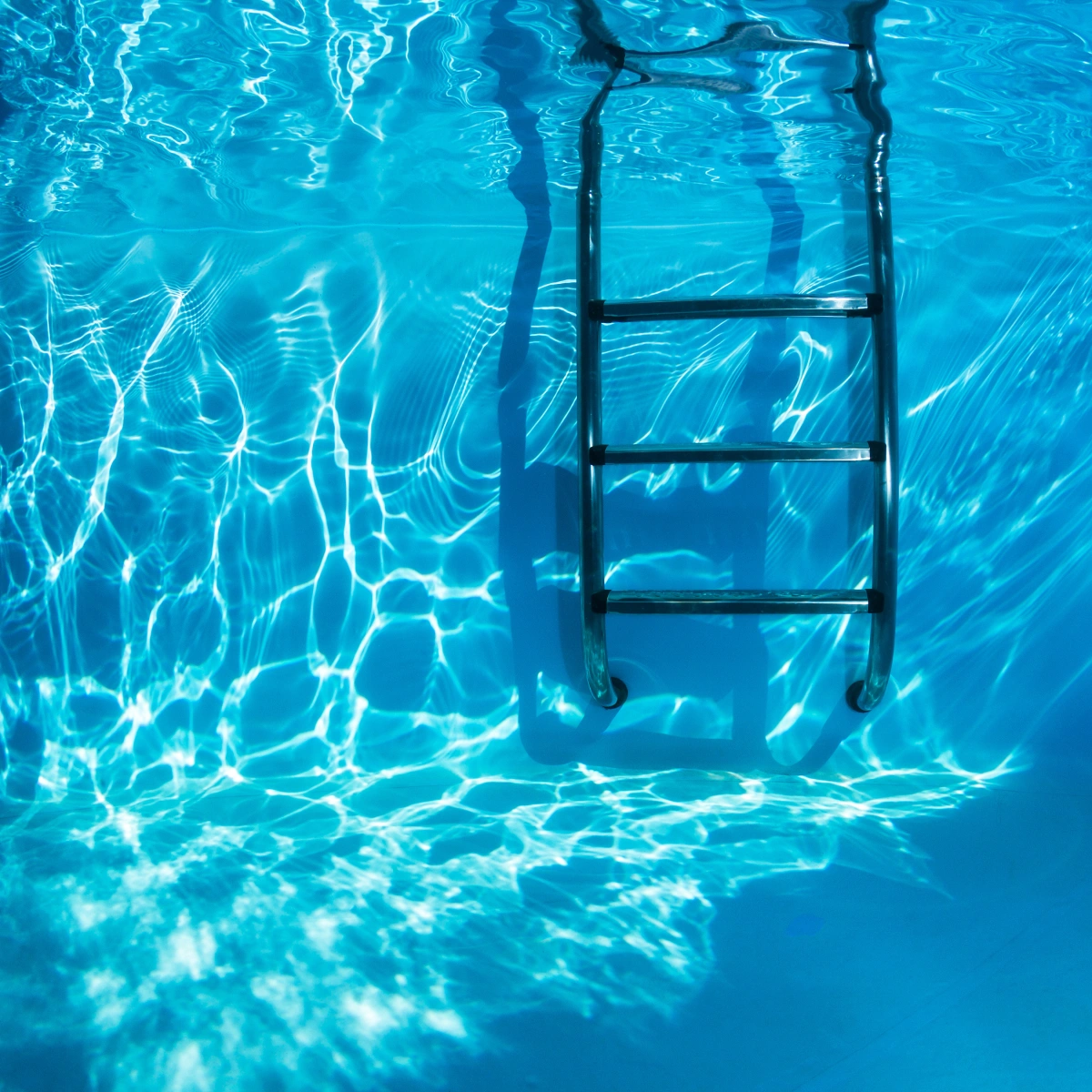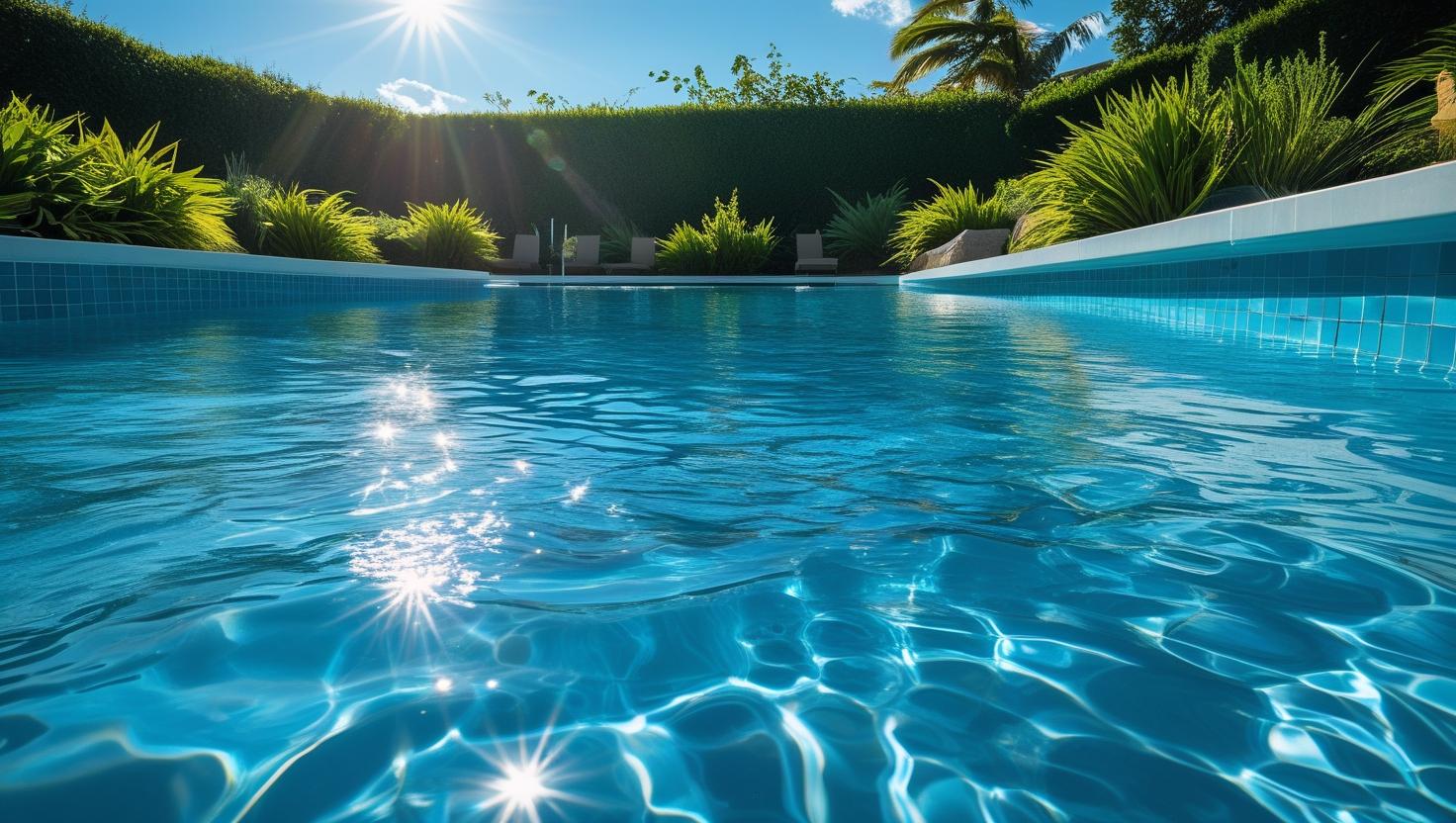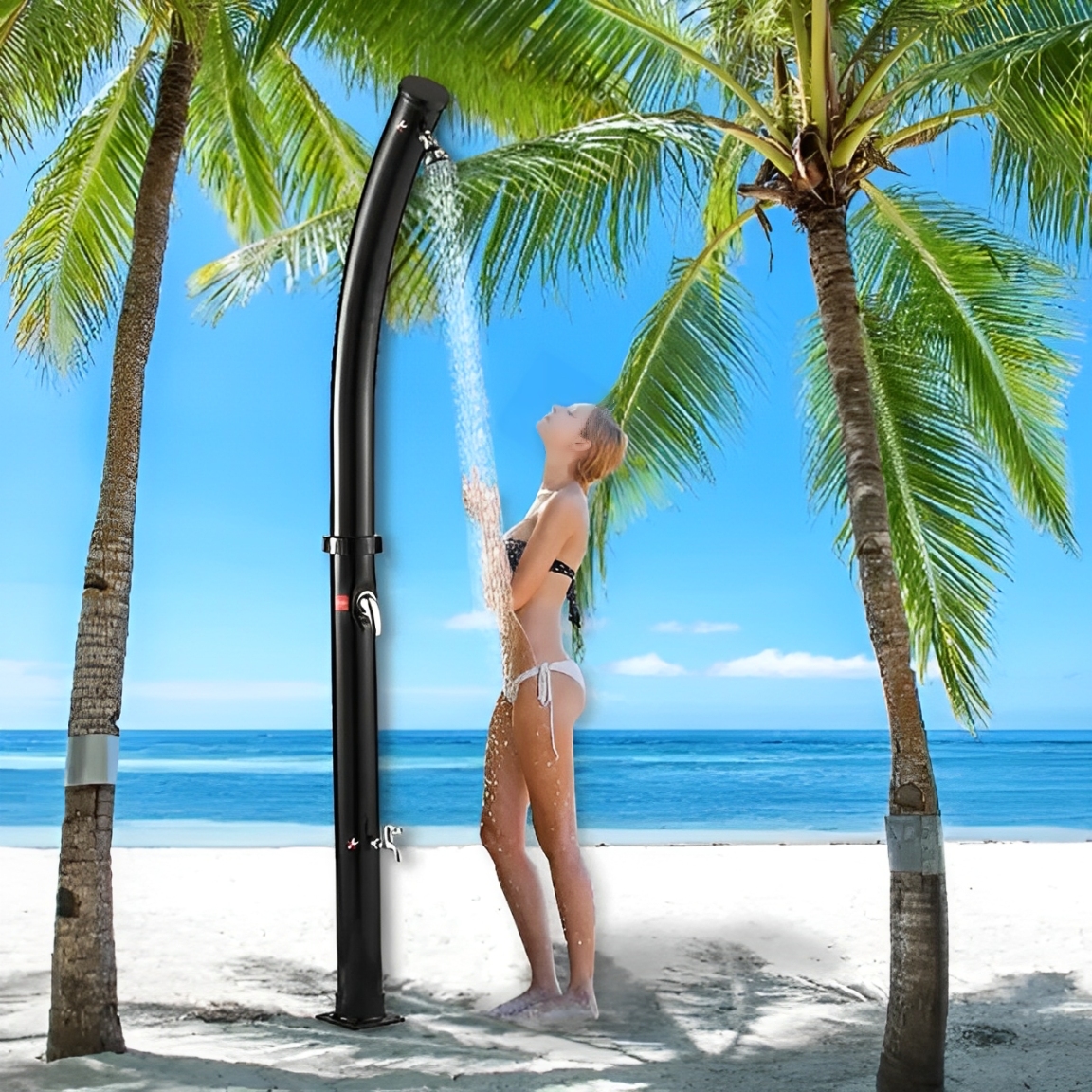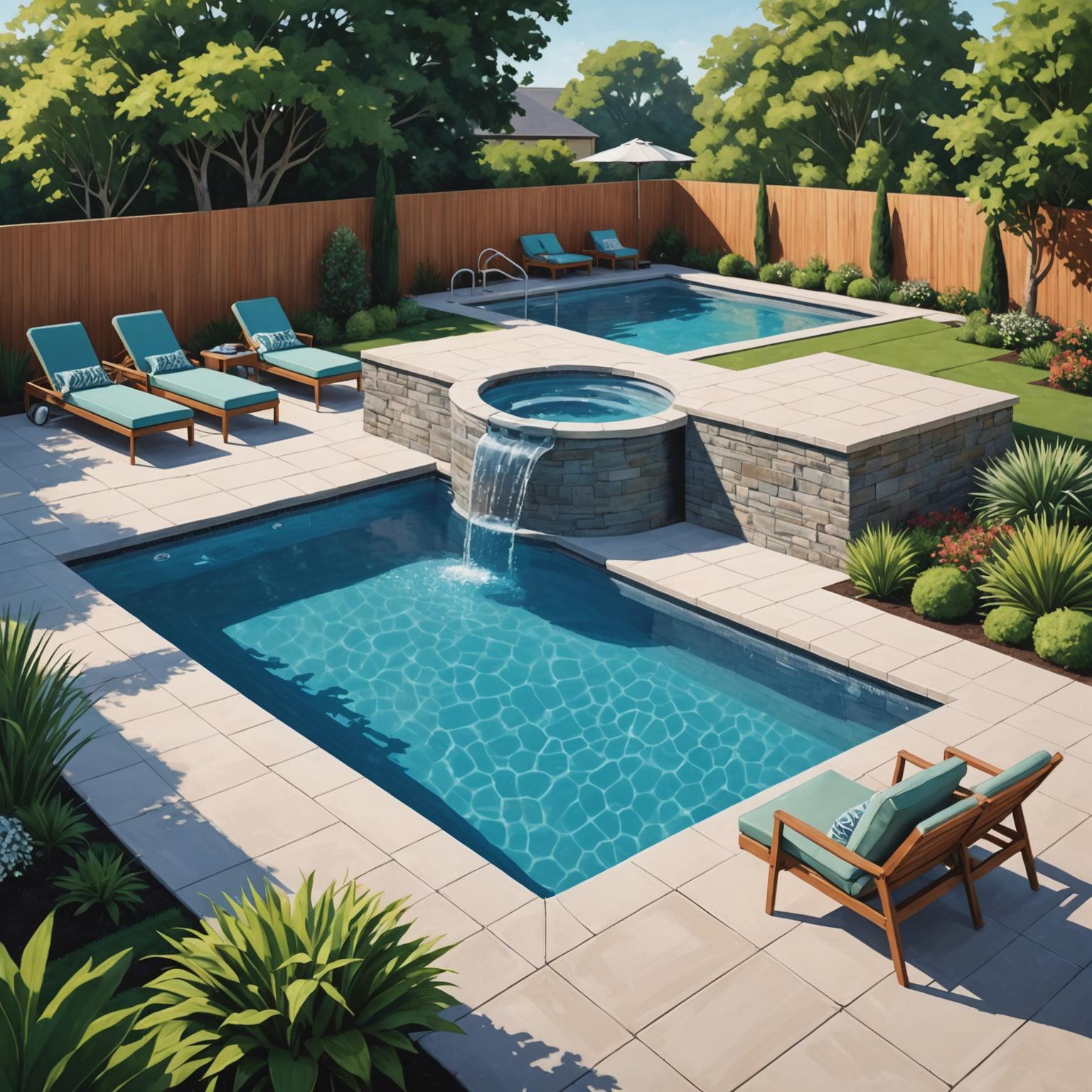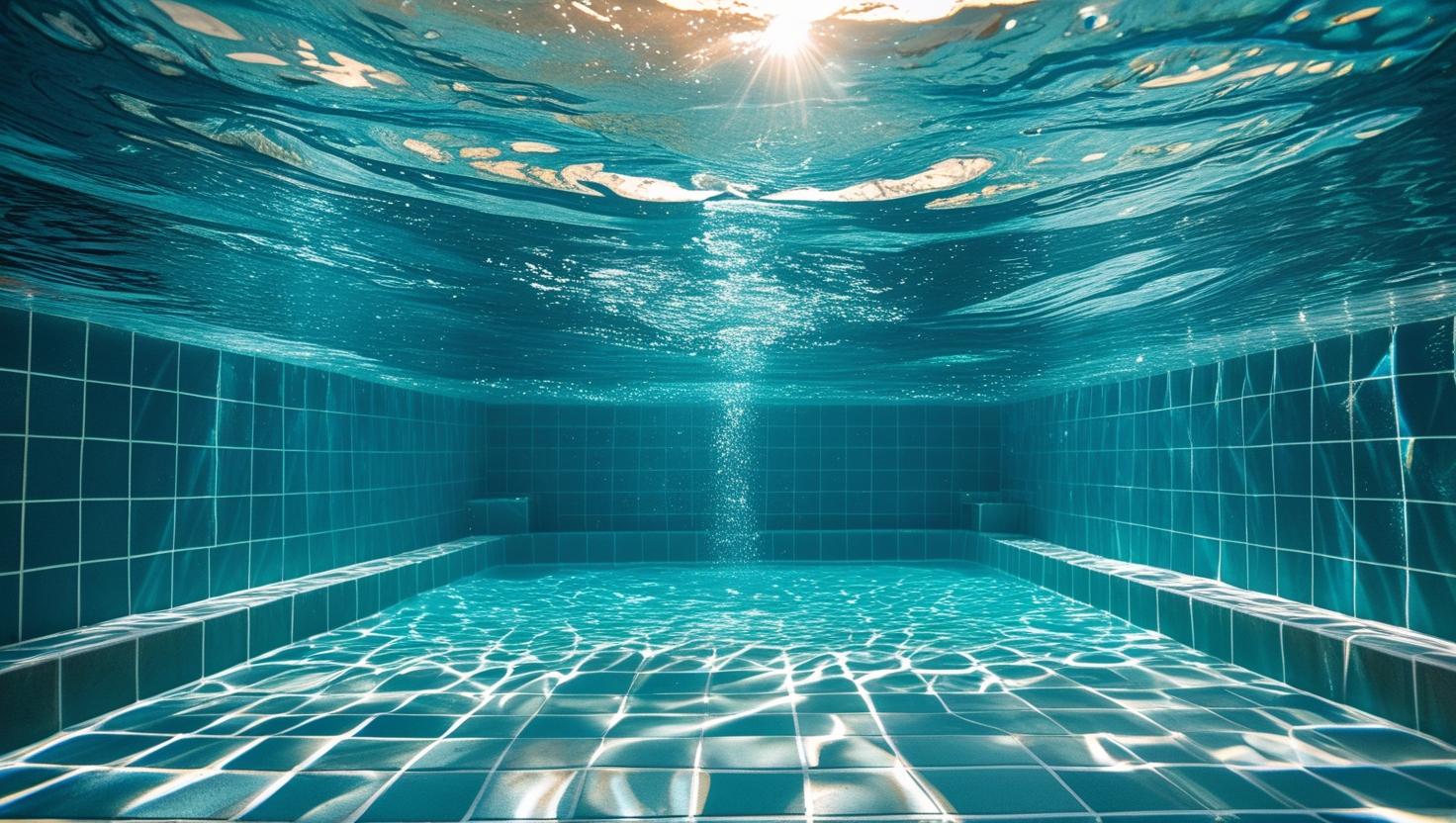
Are You Over-Chlorinating? Signs Your Pool Needs a Chemistry Reset
The Problem: Why Over-Chlorination Happens More Often Than You Think
Many pool owners believe “more chlorine = safer pool,” especially during summer when usage peaks. But that assumption often leads tochemical overdosing, especially when owners react to cloudy water or a strong smell without accurate testing.
Real-life concern:Families report children gettingburning eyes, itchy skin, and even breathing issues after pool time—signs often linked tohigh chlorine or chloramine presencerather than poor hygiene. For owners of rental homes or hotels, guest complaints are not just uncomfortable—they’re damaging to reviews and revenue.
How to Tell When Chlorine Levels Are Too High
Over-chlorination isn’t always visible. According to theU.S. Centers for Disease Control and Prevention (CDC), residential pools should maintainfree chlorine levels of 1–3 ppm. Anything higher can be problematic.
Common warning signs include:
-
Apersistent chemical smellaround the water (ironically caused by chloramine, not active chlorine)
-
Red, stinging eyesafter short exposure
-
Dry or cracking skinin frequent swimmers
-
Discoloration of swimwear or plastic toys
-
Corrosionaround ladders, rails, or pump connections
These are early indicators that the chlorine is working against—not for—your pool’s health.
What’s at Stake: Long-Term Effects of High Chlorine
Over time, excessive chlorine can:
-
Weaken your pool linerand seals
-
Shorten the lifespan of filters and pumpsby corroding internal components
-
Reduce swimmer comfort, especially for children, seniors, and those with sensitive skin or respiratory conditions
-
Violate local pool safety regulations, especially for public or commercial properties
Bonny has seen many cases where long-term overuse resulted inunexpected repair costs, forcing owners to replace entire filtration systems prematurely.
Fix It Fast: How to Restore Balance to Your Pool Water
If you suspect your chlorine levels are too high, here's what to do:
-
Stop chlorine inputimmediately—pause dispensers or chlorinators
-
Allownatural sunlight (UV)to break down free chlorine over 24–48 hours
-
Run yourcirculation system longerto increase gas-off
-
Addneutralizing agentslikesodium thiosulfatefor fast correction (used with caution and testing)
-
Partiallydrain and refillthe pool to dilute high levels if above 10 ppm
-
Retest before allowing anyone back into the water
Bonny recommends usingaccurate test kits or digital sensorsthat measure not just free chlorine, but also pH, combined chlorine, and cyanuric acid (CYA) for stability.
Smarter Pool Maintenance Routines for Summer
To prevent over-chlorination from happening again, consider theselong-term best practices:
-
Useautomated dispenserscalibrated for pool size and conditions
-
Conduct water testingat least 2–3 times per week, more often in heatwaves or after storms
-
Installchlorine stabilizers (CYA)to protect against UV burn-off
-
Avoid “panic shocking” the pool unless after known contamination
-
Educate swimmers to shower first and avoid urinating in water, reducing chloramine formation
Bonny offers a variety of smart tools, such as precision test kits, inline dispensers, and expert consultation, to help every pool owner manage chemicals safely.
Explore the Right Products for Safer Chemistry
Bonny provides a curated range of tools and resources to make pool water balance simple:
-
Test kits and digital metersfor accurate, routine analysis
-
Adjustable chlorine dispenserstailored for residential and commercial setups
-
Expert supportviaour contact pagefor diagnosis and recommendations
Find what fits your pool on ourhomepage.
Well-Balanced Water Means a Healthy Pool and Happy Swimmers
Whether you're hosting weekend guests or managing a hotel pool, chemical balance is the foundation of safe swimming. Over-chlorination doesn’t just hurt your skin or eyes—it hurts your investment and reputation.
By following these simple, science-backed tips, you can maintain a crystal-clear, comfortable pool that’s always ready for summer fun. And when in doubt, trust Bonny’s professional-grade tools and guidance to keep your water—and your guests—at ease.


